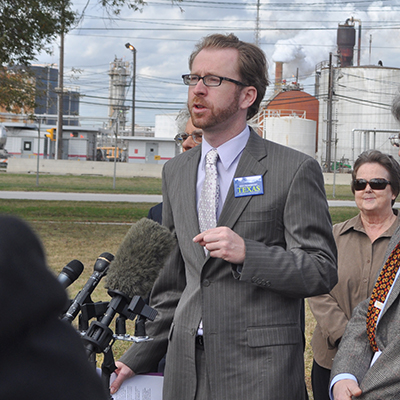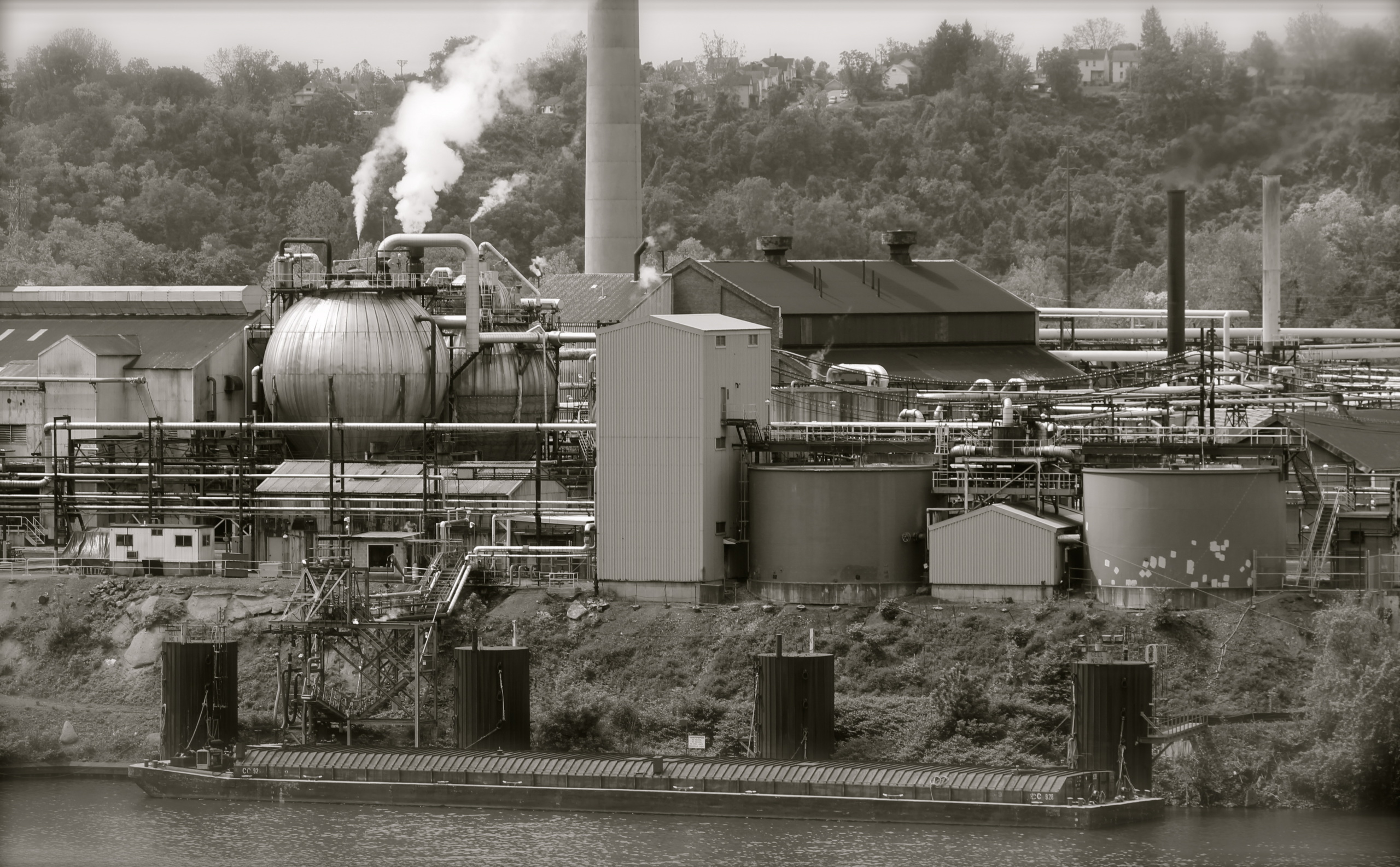
Bills still standing (Yeah, yeah, yeah)
With key deadline passed, only some of our priorities are still alive

Yesterday was the deadline for House bills to receive a final vote in the House in order to continue in the process. Hundreds of bills didn’t make it, including:
- HB 3624 (Deshotel) to provide incentives for battery storage
- HB 4120 (Deshotel) to help school districts buy electric school buses
- HB 2221 (Canales) to make it easier to buy electric vehicles
- HB 1820 (Zwiener) to increase penalties for illegal pollution
- HB 416 (Walle) to improve regulations on concrete batch plants
There can be life after death in the form of amendments onto other bills, but the window has narrowed significantly. On the other hand, there are lots of other bills, good and bad, still standing (just like Elton John). Here’s a look at the bills still in play which would most impact the environment.
Electricity policy
Today the House State Affairs committee voted out SB 1282, which would increase costs for wind and solar farms by making them pay for the costs of transmission, which are currently covered by consumers. The committee has not yet acted on SB 3 (Schwertner), the Senate’s primary bill to respond to the deadly February blackouts. Chairman Paddie is negotiating with stakeholders on a “committee substitute” for the bill. We’re watching to see if the bill requires weatherization of both power plants and natural gas supply and if Section 13 remains. That provision of the bill which would force wind and solar companies to pay billions in “ancillary services” and replacement power costs. More expensive renewables likely means less renewables, and that means more pollution heating up the atmosphere and making people sick (Harvard estimates air pollution from fossil fuels kills 17,000 Texans every year).
Other bills still in play:
- SB 398 (Menendez) adopting a Solar Customer Protection Act to make it easier for Texans to go solar and SB 415 (Hancock) clarifying and encouraging utilities and third-parties to utilize energy storage both passed the Senate and a House committee and are now waiting for votes by the full House.
- HB 1607 (Darby) to invest in additional transmission lines to bring wind and solar power to our cities passed the House.
Electric vehicles
Yesterday, the House Transportation Committee voted out SB 1728 (Schwertner) to create an annual fee of $200 per year for EV drivers to help fund roads. A committee substitute to the bill reportedly would provide an alternative to the flat $200 fee based on vehicle miles travelled. That’s a bit fairer, especially for EV owners who don’t drive that much, but would still charge $200 per year for folks who drive more than 12,000 miles per year. The bill would create the highest fees in the nation and would make it harder for people to choose EVs. The Legislature should reject the bill.
SB 1202 (Hancock), to make it easier to install EV charging stations by clarifying installers don’t have to register as electric companies, is also still alive.
Global warming
HB 17 (Deshotel), to preempt cities from eliminating gas pollution in buildings, and SB 13 (Birdwell), to prohibit state investment funds from doing business with companies which refuse to invest in fossil fuels, are both on their way to the Governor’s desk (he’s expected to sign both). HB 1501 (Dean) preventing cities from prohibiting natural gas appliances and HB 1683 (Landgraf) to prevent cities from enforcing federal oil and gas laws both made it out of the House and are awaiting hearings in Senate committees. SB 1261 (Birdwell) to preempt cities from directly regulating global warming pollution is still alive in the House. No Texas city directly regulates this pollution – they all do it indirectly by investing in renewables, electric vehicles, etc – so the bill will likely have little impact.
Clean air
SB 1263 (Birdwell) to make sure all Texas Emissions Reduction Program funds go to support clean air passed the Senate, but the Senate version of the budget (SB 1) would take 40% of clean air funds and give them to the TxDOT for congestion mitigation (read: roads). The House version of the budget fully funds clean air, however. The budget conference committee will decide which version prevails. SB 126 (Johnson) to set strong safety and pollution standards for above ground storage tanks unfortunately didn’t move. Even a much weaker bill on these storage tanks faces opposition.
Clean water
Four good water bills have passed the Texas House:
- HB 2350 (Zwiener) to create a nature-based infrastructure financing program within the Clean Water State Revolving Fund
- HB 2716 (King) to give the Texas Parks and Wildlife Department contested case status on water rights and pollution permits
- HB 2225 (King) to protect flows of water in our rivers and streams and to our bays and estuaries
- HB 4146 (King) to prohibit the discharge of treated wastewater into pristine streams, including parts of Barton Creek and creeks in the Devils River and Nueces River basins.
Conservation
The budget includes $3.5 million per year for the Texas Parks and Wildlife Department to acquire new state parkland. That’s the first time I can remember that happening in twenty years of working at the Legislature. It was made possible, in part, thanks to voter approval of a constitutional amendment to guarantee that sales taxes on sporting goods (for which collections are on the rise) go to fund our parks. Only one of three bills to help the bees and pollinators is still standing – SB 1772 to promote bee-friendly habitat on solar farms passed the Senate.
Topics
Authors
Luke Metzger
Executive Director, Environment Texas
As the executive director of Environment Texas, Luke is a leading voice in the state for clean air and water, parks and wildlife, and a livable climate. Luke recently led the successful campaign to get the Texas Legislature and voters to invest $1 billion to buy land for new state parks. He also helped win permanent protection for the Christmas Mountains of Big Bend; helped compel Exxon, Shell and Chevron Phillips to cut air pollution at four Texas refineries and chemical plants; and got the Austin and Houston school districts to install filters on water fountains to protect children from lead in drinking water. The San Antonio Current has called Luke "long one of the most energetic and dedicated defenders of environmental issues in the state." He has been named one of the "Top Lobbyists for Causes" by Capitol Inside, received the President's Award from the Texas Recreation and Parks Society for his work to protect Texas parks. He is a board member of the Clean Air Force of Central Texas and an advisory board member of the Texas Tech University Masters of Public Administration program. Luke, his wife, son and daughters are working to visit every state park in Texas.
Find Out More

Methane emissions are accelerating climate change — here’s what we can do about it

Houston-area ExxonMobil chemical plant permit up for renewal

Cleaner air in Steel City


